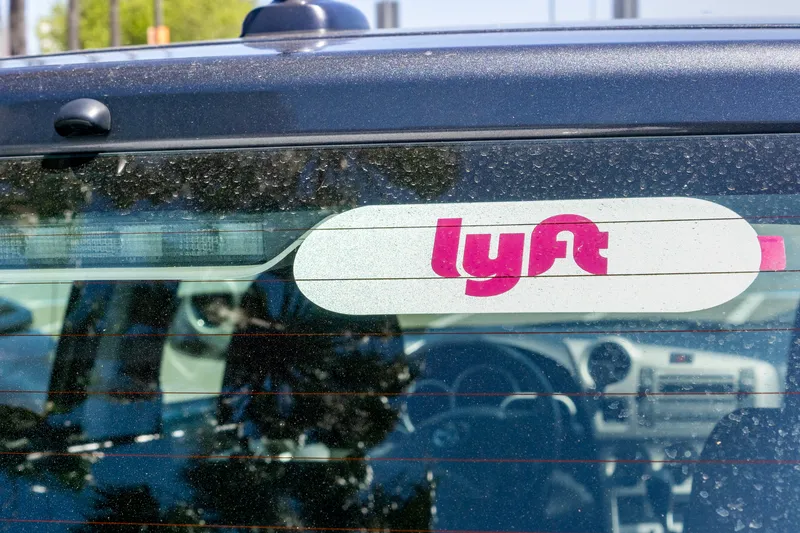January 14, 2020
Read time: 1 min
BlackBerry QNX and Renovo showcased features of an advanced driver assistance systems and autonomous driving data platform at last week’s CES 2020 in Las Vegas.
The platform combines BlackBerry’s real-time operating system with Insight, a solution from Renovo which is expected to reduce operational costs for R&D and production fleets
John Wall, co-head, BlackBerry QNX, says: “By combining Renovo’s data management and technology expertise with ours, we will bring a solution forward to accelerate the development of safe and secure connected and autonomous vehicles.”
BlackBerry’s QNX technology is already available in Renovo’s autonomous test fleet.









